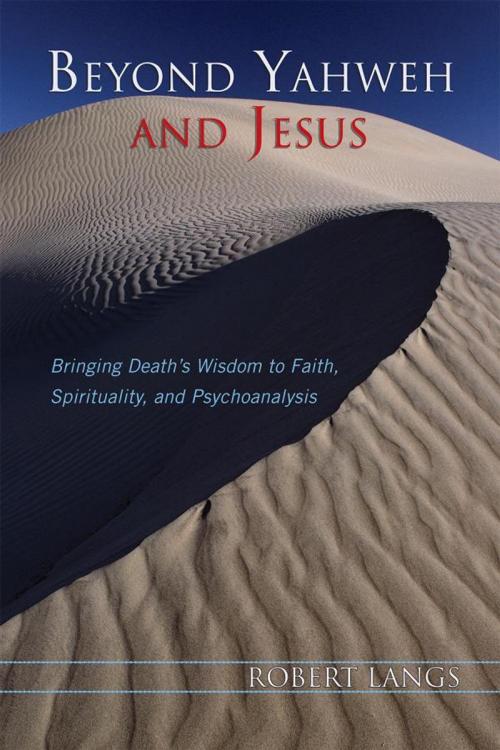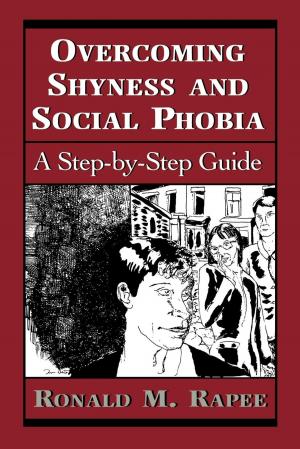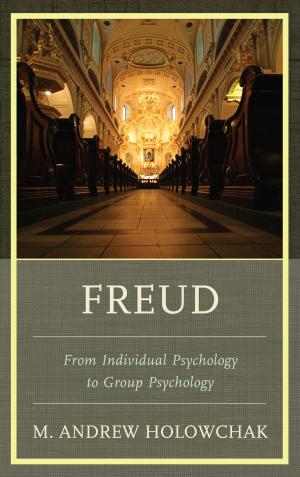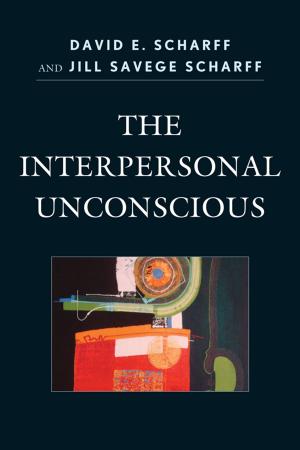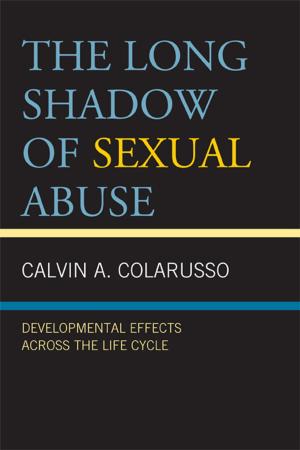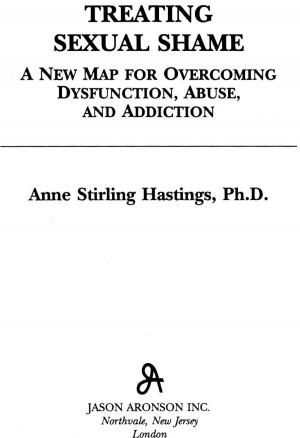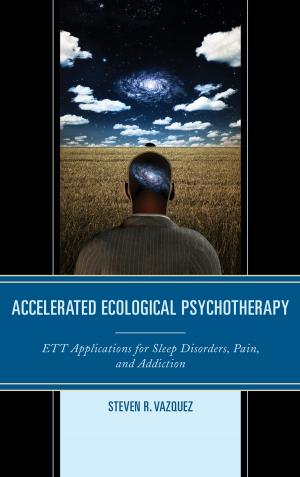Beyond Yahweh and Jesus
Bringing Death's Wisdom to Faith, Spirituality, and Psychoanalysis
Nonfiction, Health & Well Being, Psychology, Psychoanalysis, Religion & Spirituality| Author: | Robert Langs | ISBN: | 9781461627593 |
| Publisher: | Jason Aronson, Inc. | Publication: | October 10, 2007 |
| Imprint: | Jason Aronson, Inc. | Language: | English |
| Author: | Robert Langs |
| ISBN: | 9781461627593 |
| Publisher: | Jason Aronson, Inc. |
| Publication: | October 10, 2007 |
| Imprint: | Jason Aronson, Inc. |
| Language: | English |
The first in-depth psychoanalytic study of the Old and New Testaments, Beyond Yahweh and Jesus centers on God's role in enabling humans to cope with death and the anxieties it evokes. Yahweh is seen as tending to increase rather than diminish these death anxieties, while Christ offers near-perfect solutions to each type. Why, then, asks Dr. Langs, has Christ failed to bring peace to the world? Langs' answer is focused on what is, he argues, Western religion's lack of a deep understanding of human psychology—i.e., an absence of the psychological wisdom needed to supplement the spiritual wisdom of religion. This is a void bemoaned as early as the mid-1800s by the Archbishop Temple and by Carl Jung in the early 20th century. The journey on which Langs' study embarks leads through an examination of the related topics of knowledge acquisition and divine wisdom; the failure of psychoanalysis to provide religion with the psychology it needs to fulfill its mission; and a set of propositions that are intended to bring psychological wisdom to religion and thereby to initiate the third chapter in the history of God, in which a refashioned morality and fresh divine wisdom play notable roles. Simultaneously, the book offers a foundation for secular forms of spirituality and morality, as well as for human efforts to cope with death and its incumbent anxieties. The mission of this book is a lofty but necessary one: to reinvigorate religion with new dimensions and insights so as to empower it, at long last, to help bring peace to the world, both individually and collectively.
The first in-depth psychoanalytic study of the Old and New Testaments, Beyond Yahweh and Jesus centers on God's role in enabling humans to cope with death and the anxieties it evokes. Yahweh is seen as tending to increase rather than diminish these death anxieties, while Christ offers near-perfect solutions to each type. Why, then, asks Dr. Langs, has Christ failed to bring peace to the world? Langs' answer is focused on what is, he argues, Western religion's lack of a deep understanding of human psychology—i.e., an absence of the psychological wisdom needed to supplement the spiritual wisdom of religion. This is a void bemoaned as early as the mid-1800s by the Archbishop Temple and by Carl Jung in the early 20th century. The journey on which Langs' study embarks leads through an examination of the related topics of knowledge acquisition and divine wisdom; the failure of psychoanalysis to provide religion with the psychology it needs to fulfill its mission; and a set of propositions that are intended to bring psychological wisdom to religion and thereby to initiate the third chapter in the history of God, in which a refashioned morality and fresh divine wisdom play notable roles. Simultaneously, the book offers a foundation for secular forms of spirituality and morality, as well as for human efforts to cope with death and its incumbent anxieties. The mission of this book is a lofty but necessary one: to reinvigorate religion with new dimensions and insights so as to empower it, at long last, to help bring peace to the world, both individually and collectively.
